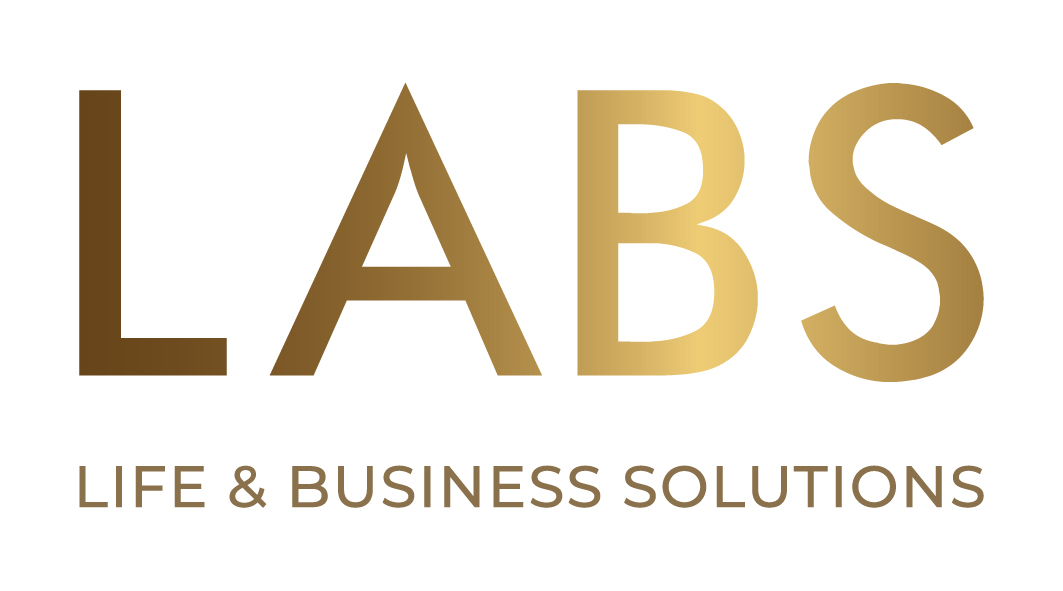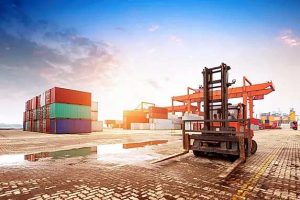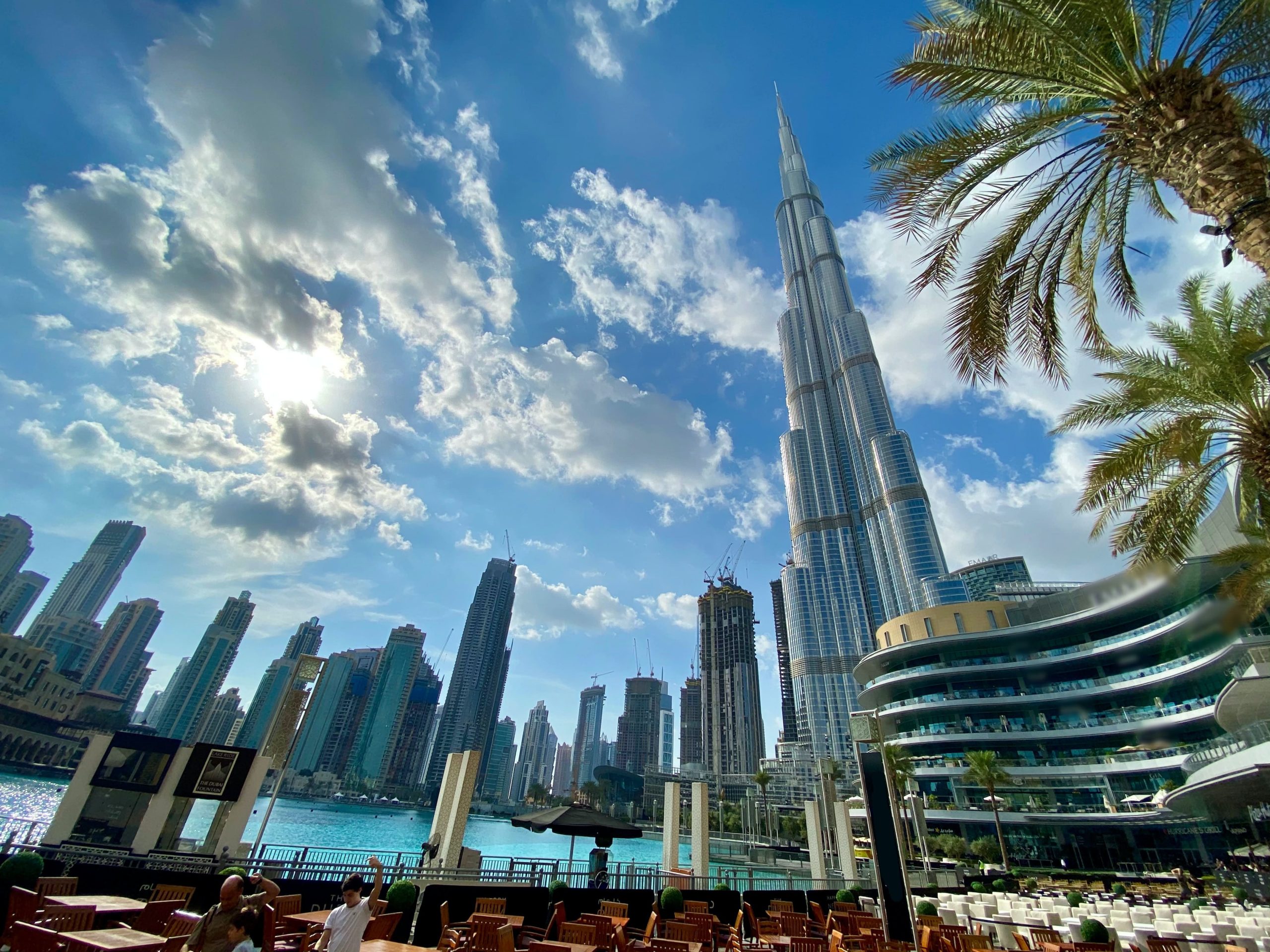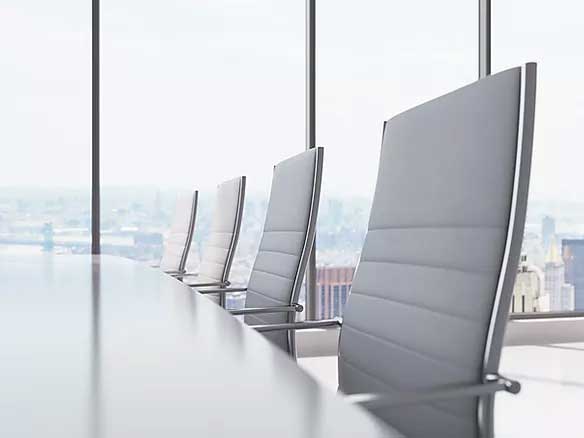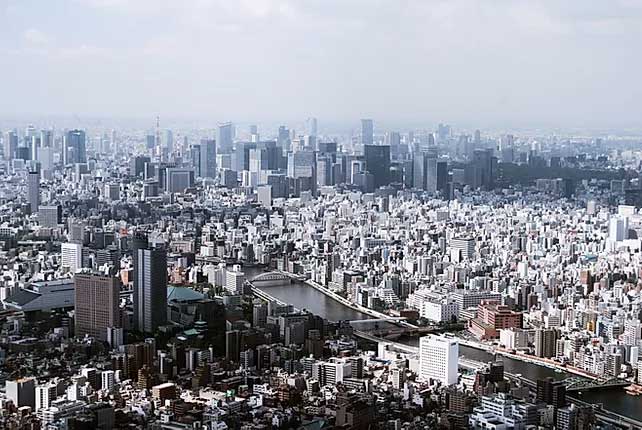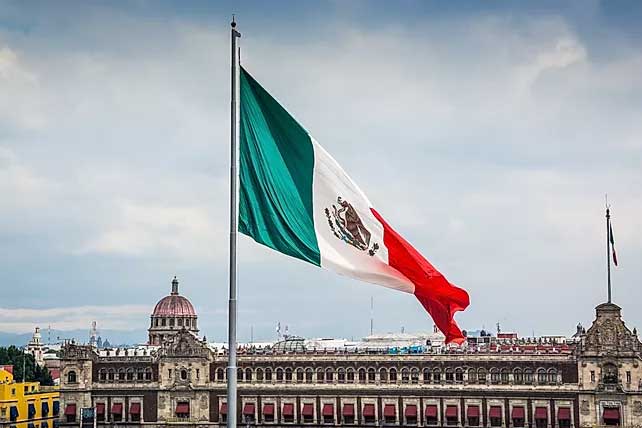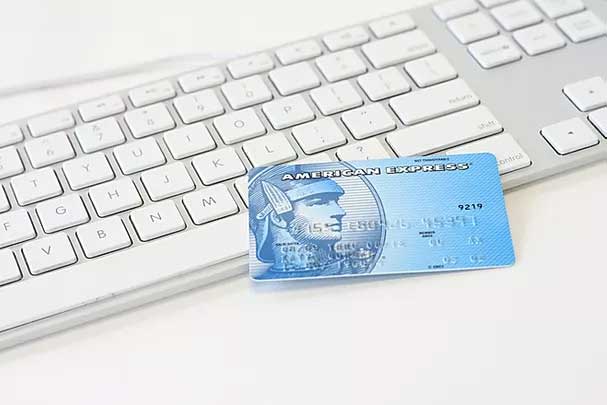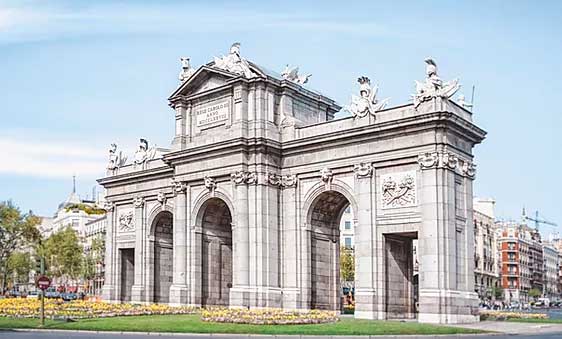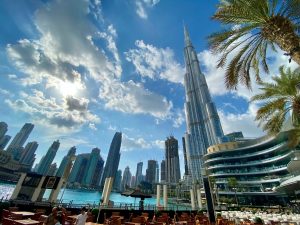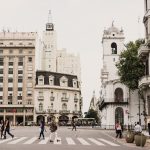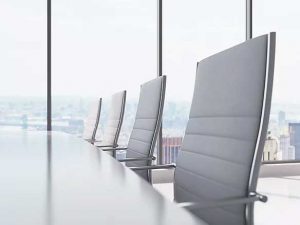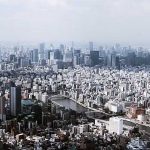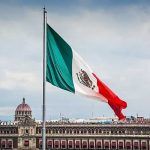Special economic zones (SEZ) are limited territories where the legislation on trade, taxes and business differs from the legislation on the rest territory of a country.
SEZ are very popular all over the world and are created for different purposes and for different projects. For example, the Russian SEZ in Kaliningrad on Oktyabrsky Island and in Vladivostok on Russky Island were created for the purpose of returning large capital to Russia as part of the deoffshorization policy, and the Belarusian High-Tech Park was created to attract and retain IT businesses, including those related to blockchain and cryptocurrency.
Today we will talk about four countries that are popular in tax planning and have already established special economic zones. We will talk about the United Arab Emirates, Singapore, Malaysia and Georgia.
United Arab Emirates
When talking about special economic zones, the UAE stands out among other countries, since almost all international business in the UAE is concentrated in such zones. This is due to the fact that ordinary companies registered in the UAE have restrictions on foreign capital: 51% of the shares must be owned by UAE citizens. Given that the UAE law does not recognize trusts, which means that nominal service in the UAE is extremely risky and unreasonably expensive, the absolute majority of representatives of international business prefer to register in SEZ.
In the Emirates, there are more than 30 SEZ, or as they are commonly called in the Emirates — freezone. Among themselves, these frisons differ in several parameters, among which it is necessary to distinguish three main ones: the types of activities of participants, the types of licenses issued, and the location. Each of the freezones is focused on its own specific type of activity. For example, freezone DMCC offers its services to companies that specialize in trading exchange-traded commodities, primarily gold and diamonds, and freezone Dubai Internet City specializes in IT and technology companies.
Freezones also differ in the type of license issued, among which there are licenses for trade, for the provision of services, production, and some others.
In terms of location, the freezones differ in the degree of remoteness from large infrastructure facilities and, of course, prestige. To register a company in UAE, you need to decide on a freezone, depending on the type of activity and needs, and then contact the administration of the corresponding freezone. The package of documents, the requirements for the company, the cost of registration and obtaining a license are set by each freezone individually.
Singapore
Singapore is currently one of the most well-known jurisdictions for tax planning. We also talked many times about this jurisdiction in our previous articles, talked about its territorial principle of taxation, and about the tax at source (see article). Despite Singapore’s popularity, especially among Asian-focused businesses, few people know about its special economic zones.
Singapore SEZ is regulated by the Free Trade Zones Act (Chapter114) . At the moment, there are 9 SEZ in Singapore, the largest of which are Jurong Port and Changi Airport. SEZ of Singapore offer to their participants many advantages, among which it is necessary to highlight the following:
– freedom of movement of goods within the SEZ;
– no customs duties on goods imported and stored in the territory of the SEZ;
– goods imported into the territory of the SEZ are not subject to GST;
– simplified import procedures are provided for companies registered in SEZ.
As in any other country, in order to become a member of one of the Singapore SEZ, you will need not only to register a company with ACRA, but also to obtain permission from Tradenet (Singapore customs authorities). In addition, you will need to obtain a permit from one of the three operators of the Singapore SEZ and only then you can start operating in SEZ.
Georgia
There are 4 free economic zones on the territory of Georgia:
– Kutaisi (Kutaisi FIZ), specializes in trade and industry.
– Kutaisi (Hualing FIZ), also specializes in trade and industry.
– Poti (PFIZ), specializes in heavy and light industry, convenient location near the port and the presence of large warehouses allows you to organize any production and deliver products around the world.
– Tbilisi (TFIZ), is aimed at innovative business sectors: computer technologies, virtual projects, and also specializes in trade and services, light industry, logistics, warehousing.
Companies in all SEZ of Georgia get the following tax benefits: no income tax, VAT, import and export duties, taxes on the repatriation of capital, taxes on interest and dividends. However, trading operations with resident companies will be taxed at 4%. Instead of income tax, each SEZ has a fixed license fee, which is paid annually and depends on the chosen SEZ and the type of business of the company. There are the following types of licenses:
– Industrial;
– General trading system;
– Special trade (for one specific product);
– Consulting license;
– Service license;
– Financial and banking license;
– Logistics;
– Contract license.
Malaysia
SEZ are popular among Malaysian entrepreneurs and businessmen, especially those engaged in the production of export products. Malaysia has established and operates 25 SEZ. One of the largest free economic zones in Malaysia is the Bayan Lepas Free Industrial Zone on Penang Island. Here are the assembly plants of the divisions of such world-famous multinational companies as Intel, Motorola, and Bosch. Speaking about the advantages that this SEZ provides, it is worth noting the following:
– an exemption from paying 40% income tax and 5% development tax is granted for a period of 5 years for production in the encouraged sectors of the economy, which are considered important for the country;
– encouraging by the country by issuing loans on favorable terms, providing information about the investment and trade climate;
– promotion of export-oriented production, training of personnel (a unique Development Center has been established on the island, where up to 1000 employees of local companies are trained annually).
In addition to the Malaysian SEZ, an international offshore financial center has been established on the island of Labuan (East Malaysia). Trading companies registered in Labuan are entitled to a reduced income tax rate of 3%, while non-trading companies are completely exempt from taxation. The island also does not impose VAT (known as SST) on transactions.
Summing up, we would like to note that the use of free economic zones is often a reasonable and competent decision when structuring a business. Tax planning has never been limited to the registration of companies in the BVI or Seychelles, so it is necessary to correctly use the modern tools offered by various countries and take into account modern realities, including the possibility of using the advantages provided by the SEZ.


